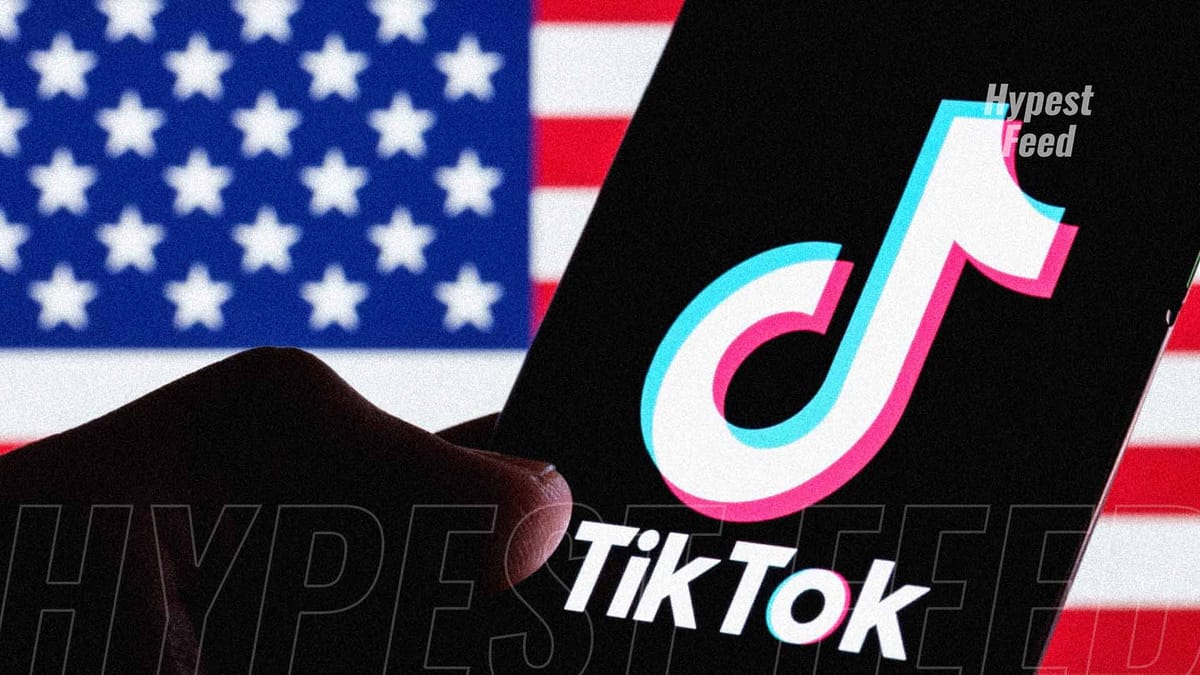A US congressional panel has given the green light to a bill aiming to compel TikTok's Chinese parent company to divest the app within six months or face a potential ban. The proposal, endorsed by the White House and introduced by a different House committee, underscores concerns about national security.
TikTok has voiced strong opposition to the proposed legislation, arguing that it could have detrimental effects on free expression and small enterprises that rely on the platform. The social media giant has urged its users to engage with Congress, encouraging them to contact their representatives to express dissent.
According to reports, TikTok's call to action has prompted a significant response, with numerous calls flooding congressional offices. Some offices have even experienced phone line congestion, and a portion of the callers appeared to be teenagers.
The bill, championed by a bipartisan group known as the Select Committee on the Chinese Communist Party, is set to undergo a full House floor vote in the upcoming week. It received unanimous approval of 50-0 from the Energy and Commerce Committee, signaling broad support for its passage. However, its journey to becoming law would require Senate approval.
Amid TikTok's mobilization efforts, the committee chairwoman criticized the platform's attempt to rally its user base. In response, TikTok questioned why lawmakers would object to hearing from constituents, asserting that engaging with the public is an essential aspect of their responsibilities.
The proposed bill aims to safeguard the national security interests of the United States by addressing concerns related to foreign adversary-controlled applications, specifically targeting TikTok's owner, ByteDance.
Lawmakers assert that ByteDance's alleged ties to the Chinese Communist Party pose a potential threat, a claim vehemently denied by ByteDance and TikTok.
Under the provisions of the bill, ByteDance would be compelled to divest TikTok within a stipulated timeframe or risk removal from mobile app stores in the US, a move viewed as essential to preventing a foreign adversary from controlling a significant media platform within American borders, as emphasized by committee chairman Mike Gallagher and Illinois Democrat Raja Krishnamoorthi.
Despite assurances from proponents that the legislation offers ByteDance a window to comply, TikTok contends that the bill effectively constitutes an outright ban, which could infringe on the First Amendment rights of millions of Americans and adversely impact small businesses dependent on the platform.
Echoing TikTok's concerns, the American Civil Liberties Union (ACLU) warns against the potential infringement on free speech rights and the disruption of communication channels for millions of users.
This legislative effort represents the latest in a series of attempts by American lawmakers to address the perceived national security risks associated with TikTok, with previous measures including bans on the app's use on government devices and the initiation of legal proceedings under the Trump administration, which ultimately did not materialize.



Member discussion: